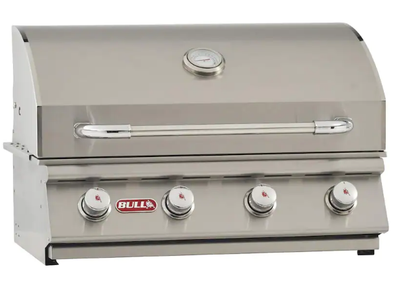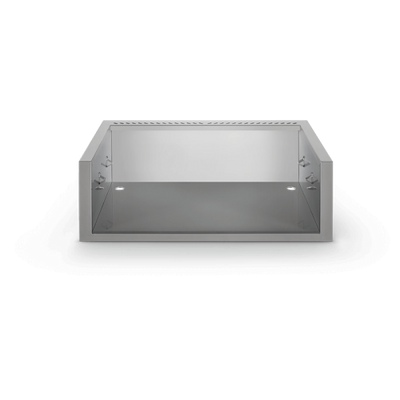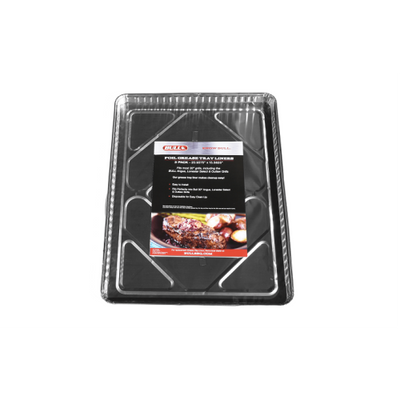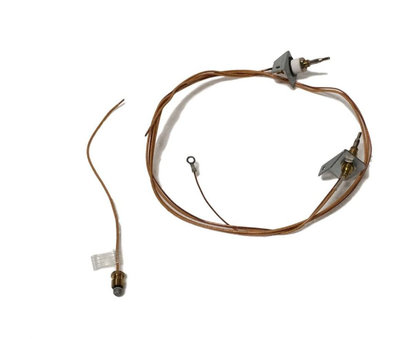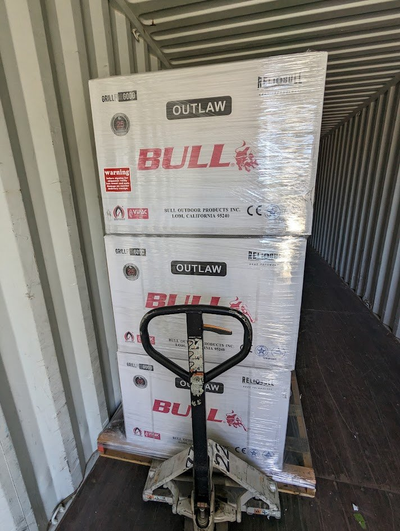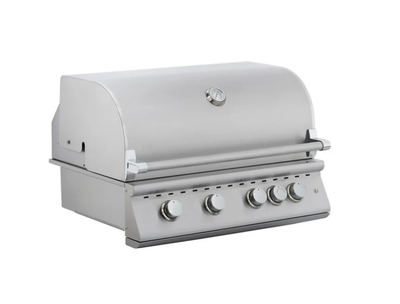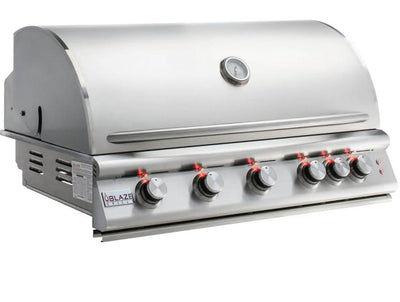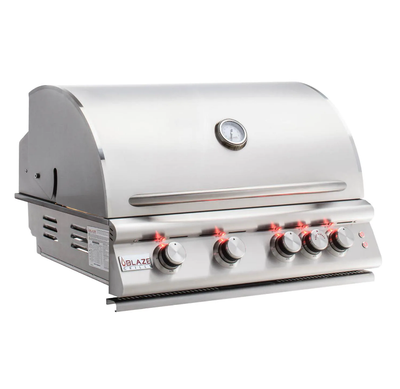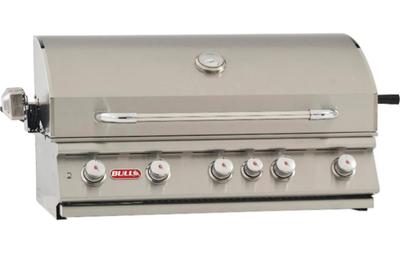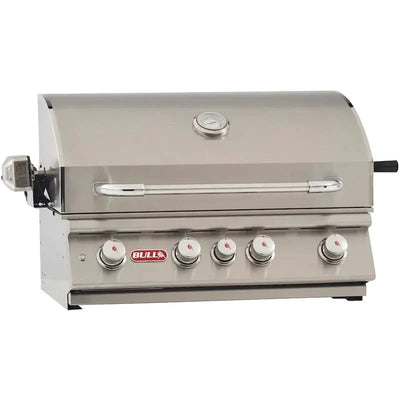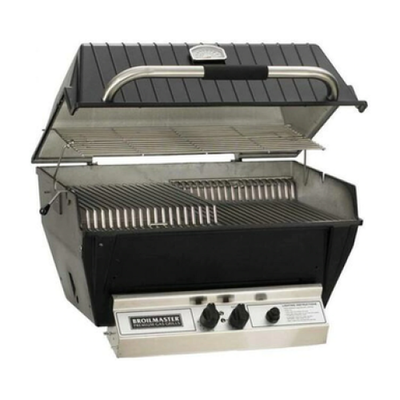Determining the Perfect BTU Gas Grill Rating: Key Considerations
Understanding BTU:
Before we get into the ideal BTU range, it's essential to understand what BTU represents. In simple terms, BTU measures the amount of heat a gas grill can produce per hour. The higher the BTU rating, the more heat the grill can generate. However, it's important to note that a high BTU rating doesn't necessarily guarantee better cooking performance. Several other factors also play a significant role, such as grill construction, heat distribution, and the type of cooking you intend to do.

Consider Your Cooking Style:
When determining the appropriate BTU for your gas grill, you should consider your specific cooking needs and style. Here are a few guidelines:
-
Size of Cooking Area: A higher BTU rating is beneficial for larger cooking areas. If you have a spacious cooking surface or frequently cook for a large group of people, a grill with a higher BTU can help maintain consistent heat across the entire cooking surface.
-
High-Temperature Cooking: If you love searing steaks and cooking at high temperatures, a higher BTU can provide the intense heat needed for those perfect grill marks and sear.
- Versatility: If you want a grill that can handle both high-heat searing and low-and-slow smoking, look for a grill with adjustable burners. This way, you can fine-tune the heat output to suit different cooking styles.
Ideal BTU Range:
While the ideal BTU range can vary depending on your cooking preferences, a good rule of thumb is to look for a grill with a total BTU output per square inch of cooking space between 80 to 100 BTUs. Here's how you can calculate it:
-
Total BTUs: Find out the total BTU rating of the grill, which is usually mentioned in the product specifications.
-
Cooking Area: Measure the primary cooking area in square inches (length x width).
- Calculate BTUs per Square Inch: Divide the total BTUs by the cooking area in square inches. For example, if a grill has 40,000 BTUs and a cooking area of 400 square inches, the calculation would be 40,000 BTUs ÷ 400 square inches = 100 BTUs/square inch.
This range ensures that the grill has enough heat output to perform well in various cooking scenarios without wasting energy or overcooking your food.
Additional Considerations:
- Heat Distribution: A grill with even heat distribution is crucial for consistent cooking results.
-
Build Quality: Invest in a well-constructed grill made from durable materials to ensure longevity.
- Brand Reputation: Research reputable grill brands known for quality and customer support.
Conclusion
In conclusion, while BTU ratings are an important factor in choosing a gas grill, they should be considered alongside other factors like grill size, construction, and your specific cooking needs. Finding the right balance between BTU output and these factors will lead you to the perfect gas grill for your outdoor cooking adventures.
Outdoor Kitchen Outlet
Outdoor Kitchen Outlet is committed to helping you select the ideal gas grill to enhance your outdoor cooking experiences. We emphasize the importance of considering BTU ratings and individual cooking styles when choosing a grill. Our team is passionate about outdoor cooking and is ready to assist customers in finding the perfect grill. To begin your journey to better outdoor cooking, contact us at (888) 667-4986.
 - Call
- Call 

